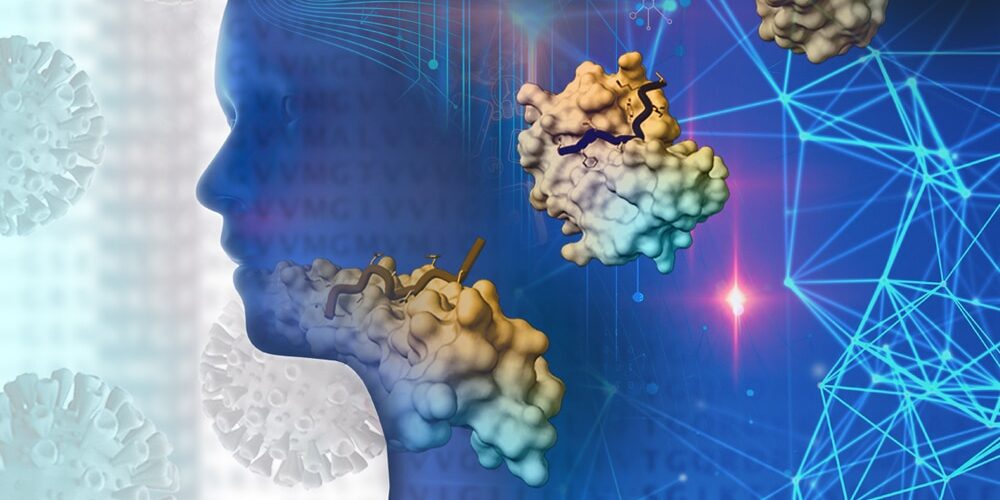A new population-based study, involving 22 million people, shows that autoimmune disorders now affect around one in ten individuals. These conditions pose a huge burden on individuals and upon wider society, and currently represent an enormous unmet clinical need.
Autoimmune diseases are a group of disorders characterized by an abnormal immune response, where the immune system mistakenly attacks healthy cells and tissues in the body. Normally, the immune system functions to recognize and eliminate foreign substances, such as bacteria or viruses. There are over 80 different autoimmune diseases that can affect various organs and systems in the body. Some common examples include rheumatoid arthritis, systemic lupus erythematosus, multiple sclerosis, type 1 diabetes, celiac disease, and psoriasis. Each autoimmune disease has its own specific characteristics, symptoms, and target tissues.
First author of the paper Dr Nathalie Conrad, based at the KU Leuven in Belgium, and an Honorary Research Fellow at the University of Glasgow, said: “We observed that some autoimmune diseases tended to co-occur with one another more commonly than would be expected by chance or increased surveillance alone. This could mean that some [of these] diseases share common risk factors, such as genetic predispositions or environmental triggers.”
While autoimmune diseases cannot be cured, ongoing research aims to better understand their underlying mechanisms and develop more targeted and effective treatments.
You can read more on this subject on the University of Glasgow website, here.
This page is also available in:
![]() Français
Français


